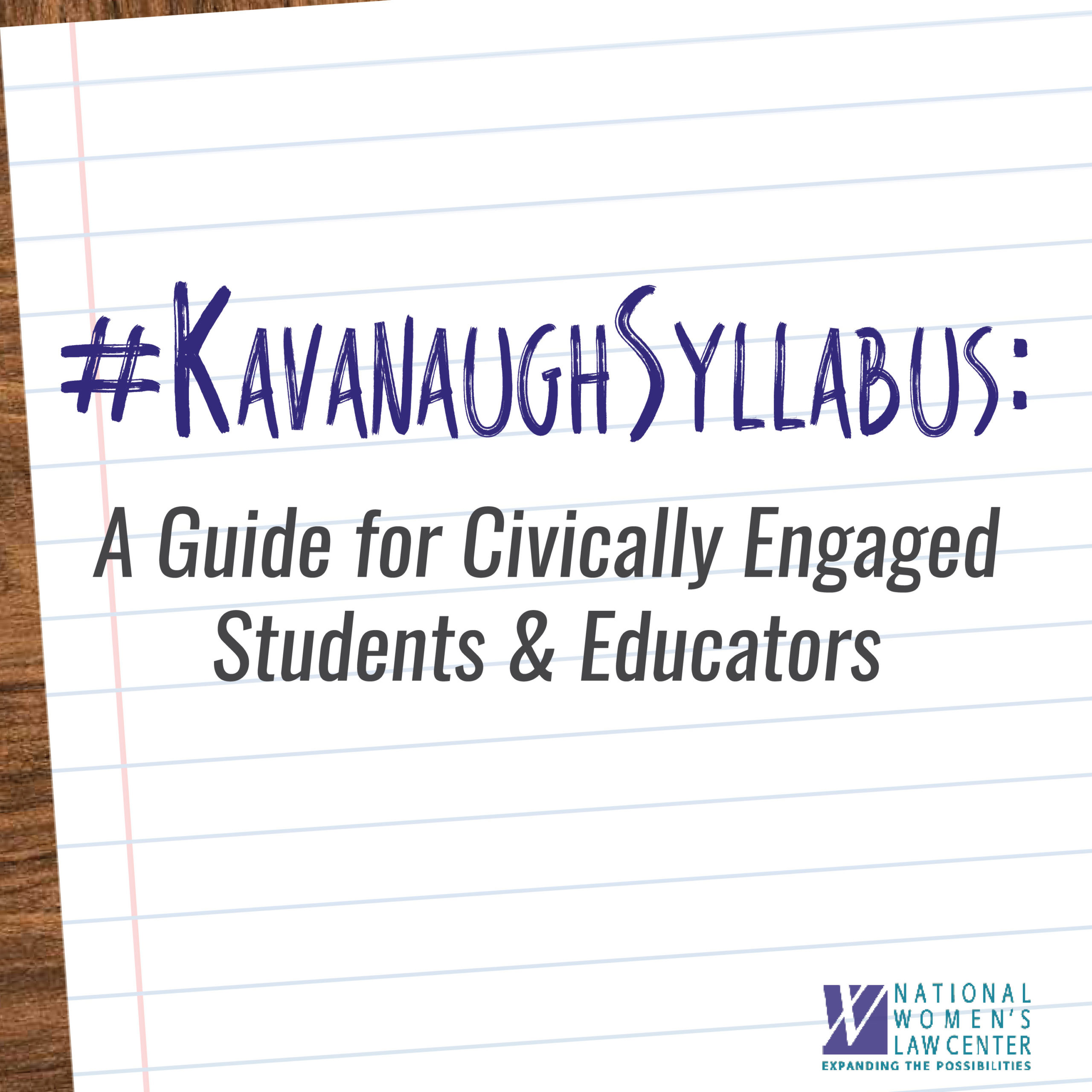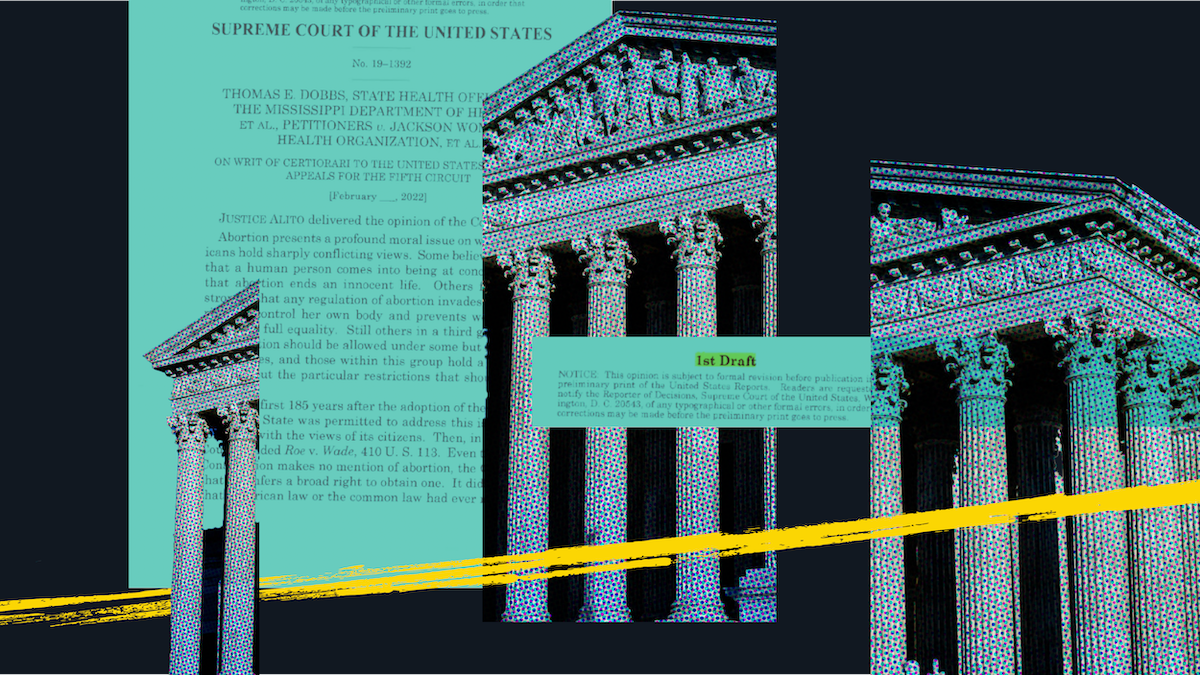As a second Trump administration approaches, we’re running out of time to confirm as many federal judges as possible to provide a check on his presidential power and curb his stated policy priorities.
Three Reasons Why the Supreme Court Should Grant Review in Evans v. Georgia Regional Hospital

Last week, Lambda Legal filed a cert petition with the Supreme Court for Evans v. Georgia Regional Hospital. This case is about Jameka Evans, a security guard at a Georgia hospital who says she was consistently discriminated against because she was a lesbian–physically assaulted, harassed, and denied equal pay. You can hear Jameka tell her story in her own words here. LGBTQ women like Jameka deserve safe workplaces that are free from discrimination, and her case raises some important questions that might make it all the way to the Supreme Court. Here are three reasons why the Supreme Court should grant review in this case.
- The Civil Rights Act of 1964 guarantees that people have the right to be free from employment discrimination on the basis of sex—and that includes sexual orientation discrimination.
A number of cases have recently considered whether employment discrimination on the basis of sexual orientation is a form of sex discrimination, and thus prohibited under federal law. While the federal Courts of Appeals are currently split on that issue (and Trump’s DOJ under AG Jeff Sessions recently weighed in arguing that federal law does not protect against sexual orientation discrimination), the Equal Employment Opportunity Commission (EEOC) has argued and continues to argue that, to the contrary, discrimination on the basis of someone’s sexual orientation is sex discrimination prohibited under Title VII of the Civil Rights Act.
NWLC has weighed in on this question in multiple cases, including in Jameka Evans’ case, urging courts to recognize that discrimination on the basis of sexual orientation is necessarily discrimination on the basis of sex. These cases include Zarda v. Altitude Express, which involves a skydiving instructor who alleged that he was fired for being gay, and Christiansen v. Omnicom Group, which involves an advertising agency employee that was humiliated, disparaged, and harassed at work for being gay.
In Jameka’s case, the district court dismissed her complaint, holding that that Title VII provided her with no protections, and the Eleventh Circuit affirmed this in a split decision. In contrast, the Seventh Circuit Court of Appeals held earlier this year that discrimination on the basis of sexual orientation is unlawful, and the Second Circuit is currently considering this issue. This lack of consensus on the lower courts points to the urgent need for the Supreme Court to provide clarity.
- The Supreme Court could prevent confusion for employers and protect LGBTQ workers by weighing in.
Right now, with the EEOC is at odds with the Justice Department. Indeed much of the Trump Administration has been going out of its way to argue that everyone should have get a license to discriminate against LGBTQ people, whether at school, on the job, in healthcare, or in places of public accommodation. This has resulted in a patchwork of legal decisions and state and local protections from employment discrimination for LGBTQ people. Clarity from the Supreme Court on this issue could ensure that LGBTQ people are protected.
- It’s the right thing to do.
LGBTQ people deserve to live free from employment discrimination. Without these protections, people who are the most marginalized have the most to lose. Employment discrimination against LGBTQ people is a women’s rights issue –LGBTQ women are deeply affected by this, especially LGBTQ women of color, who are more likely to live in poverty and less likely to have financial safety nets to fall back on. The fight to end employment discrimination against LGBTQ people is a vital part of the ongoing struggle for civil rights for all.




